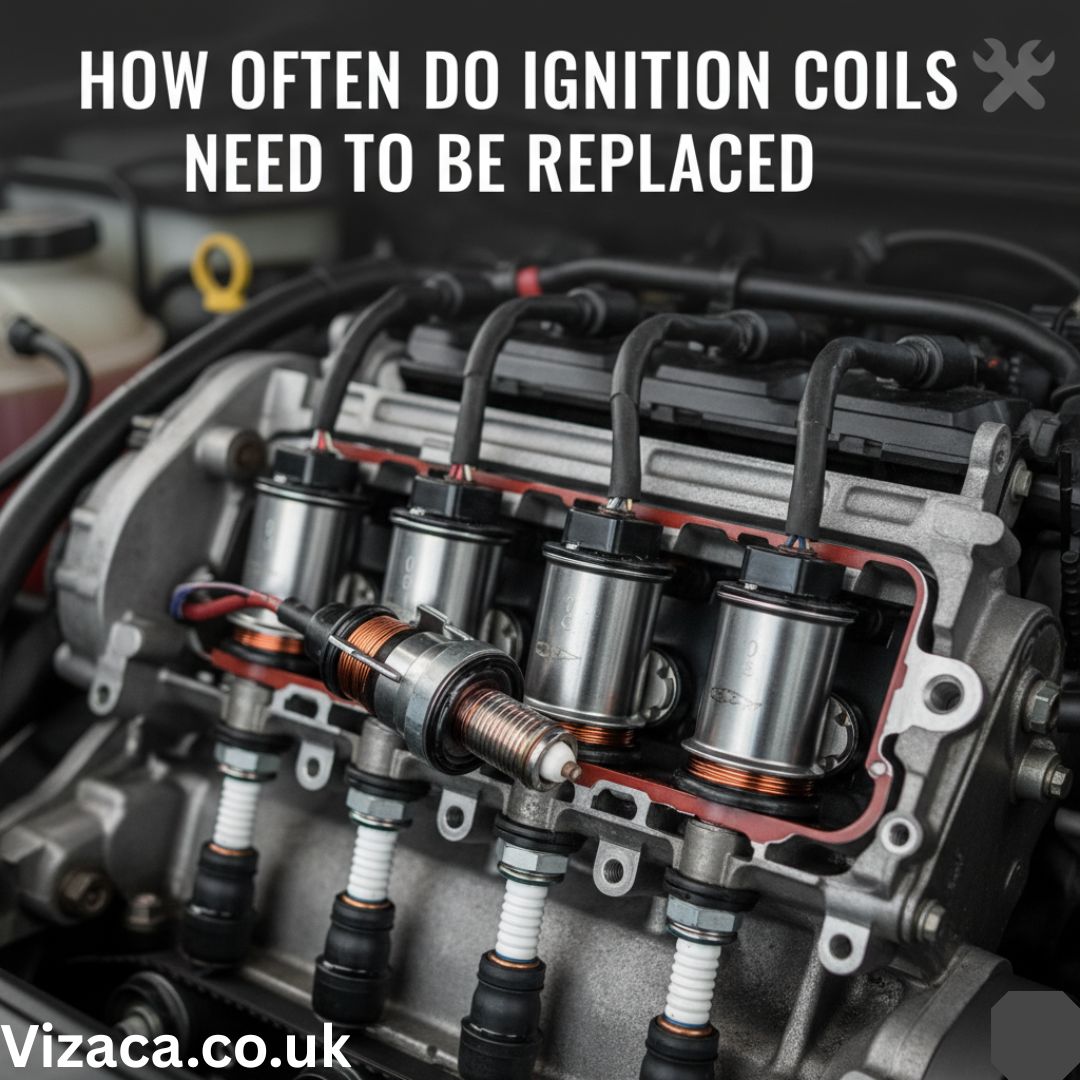No, gasoline does not freeze in your tank under normal winter conditions.
Gasoline has a very low freezing point, far lower than typical outdoor temperatures—so it won’t turn into a solid block of ice in your fuel tank.
What Temperature Does Gas Freeze?
- Regular gasoline freezes at about -100°F to -140°F (-73°C to -95°C)
- Even in the coldest U.S. winters, it never gets that cold, so gasoline itself won’t freeze
However, issues related to cold fuel do happen, and here’s what you should watch for:
What Can Happen in Cold Weather
❄️ 1. Condensation in the Fuel Tank
- Cold weather can cause moisture (water vapor) inside the tank to condense
- That water can freeze and cause:
- Fuel line blockages
- Poor engine performance
- Hard starting or no-start conditions
❄️ 2. Frozen Fuel Lines
- If enough water is present in the fuel lines, it can freeze and block flow
- This mimics the symptoms of frozen gas but it’s actually frozen water, not the gasoline itself
How to Prevent Fuel Problems in Cold Weather
✅ Keep the Tank at Least Half Full
- Reduces the amount of air (and moisture) in the tank
- Helps prevent condensation from forming
✅ Use Fuel Stabilizer or Gas-Line Antifreeze
- Products like Heet absorb water in the fuel system
- Helpful in freezing temperatures if you suspect water contamination
✅ Use Winter-Grade Gasoline
- Gas stations in colder regions switch to winter blends that vaporize more easily in the cold
- Makes cold starts easier and reduces stalling
Final Thoughts
No, gasoline doesn’t freeze in your tank—even in extreme cold.
But moisture-related issues can mimic the effects of frozen gas. Keeping your tank fuller and using a fuel treatment can help prevent those problems and keep your engine running smoothly in the winter.










